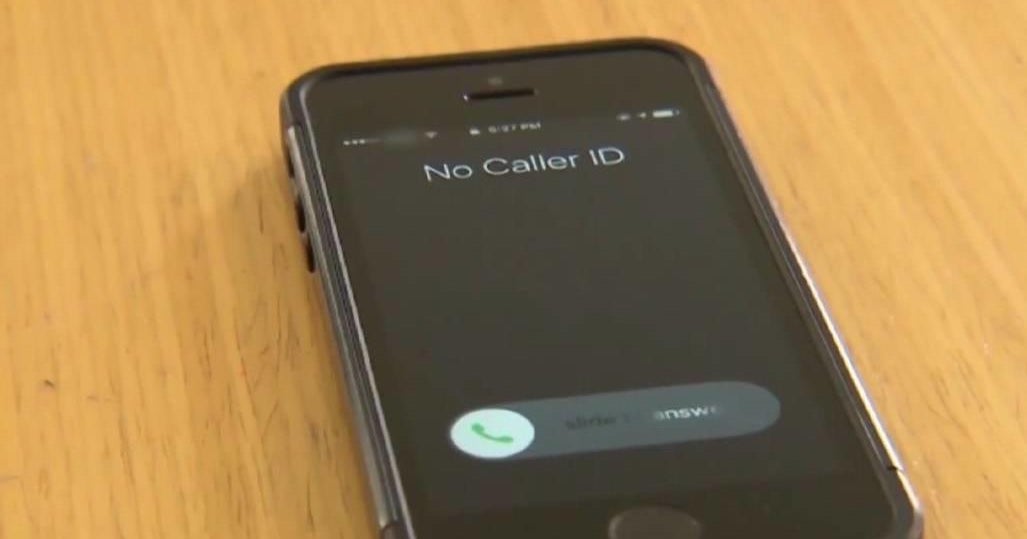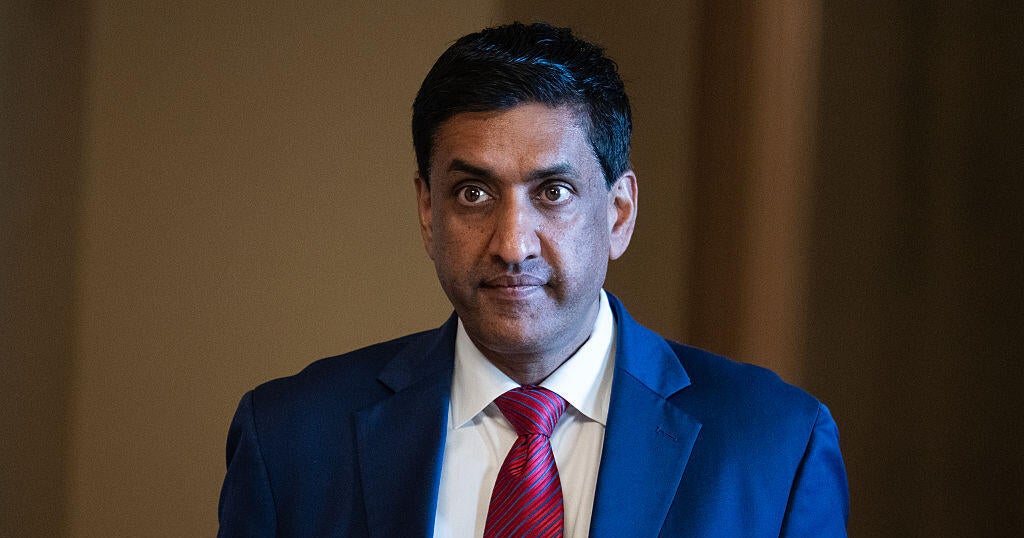By Emily Chantiri
October 17, 2025 — 5.01am
Younger workers have been warned to be wary of their social media posts, with bosses becoming more vigilant in checking for content posted online that could be grounds for rejecting a candidate.
New research by job site Indeed found Gen Z candidates are at the highest risk of missing out on a job, with about one in four, or 26 per cent, having already been rejected for a role because of their social media presence, followed by Millennials at 10 per cent, and Gen X and Boomers at just one per cent.

If you don’t want to switch your profile to private, then it’s worth being intentional about how you present yourself online.Credit: Getty Images
Importantly, social media checks have become prolific as another background source for recruiters and employers, with four in five recruiters (77 per cent) admitting they review a candidate’s social accounts during the hiring process.
Nearly all (96 per cent) said they would reject someone based on what they post.
Mick Owar, founder of sports recovery centre Primal Recovery, believes it’s essential to check social media before welcoming any employee into a business. “A CV might look flawless, but their online footprint can reveal whether they’ll be an asset or a liability,” he said.
“If you ignore it, you’re not just taking a risk, you’re potentially inviting a future HR disaster. These are the same people who underperform at work, drag their feet on basic responsibilities, and then weaponise workplace laws the moment they’re held accountable.”
Red flags may include offensive or discriminatory comments, evidence of dishonesty, or hostile online behaviour like cyberbullying.
He adds, this is not about snooping, but protecting the workplace.
“Checking socials before hiring is no different to checking references. It shows who you’re really bringing through the door. It’s about protecting your culture, clients, and other staff,” said Owar.
The mum test
Michael Berger from recruiting firm Talent Blueprint explains the process. As a candidate moves along the recruitment process from application, first phone call, face-to-face interview, recruiters will check candidate’s posts, likes and what they’re commenting on.
Loading
“This will normally go one of three ways. Either enhance the candidate’s application, derail it completely or have no effect either way,” he says.
He provides the following example: recently, his firm had a candidate and were about to shortlist for a mid-level role at an engineering firm, only to find on the candidate’s Instagram a video of them throwing an e-scooter in the river, to rapturous applause from their network.
“Let’s just say we didn’t proceed any further with their application.”

Indeed career expert Sally McKibbin.
While this is an extreme example, any social media activity that illustrates a candidate doesn’t align with the hiring company’s values and ethics will be potentially hurting any chance of being hired.
Berger recommends Gen Z or others to consider making all social media accounts private and then apply the ‘mum test’ to postings.
“Simply, would you be happy showing your mum the related content? As boring as this sounds, companies are becoming more risk-averse and socially aware of how their current employees or potential new employees will represent their business.”
Reg flags
Sally McKibbin, career expert at Indeed, said, recruiters are typically not trying to catch candidates out. “What they’re looking for are red flags that raise concerns about professionalism, judgment or values,” she says.
Red flags may include offensive or discriminatory comments, evidence of dishonesty, or hostile online behaviour such as cyberbullying.
“A candidate may look great on paper and interviews really well. But when you check their social media profile, you see a pattern of unprofessional and aggressive behaviour, such as crude language in posts, or that they openly criticise others online.
“This kind of behaviour raises questions about their character and is at odds with the impression they made in the interview. The recruiter therefore has good cause to reconsider the candidate’s suitability for the role.”
Practical steps to take
McKibbin said social media profiles can often work as an extension of your CV. If you don’t want to switch your profile to private, then it’s worth being intentional about how you present yourself.
Loading
Taking a few simple steps allows you to use your online presence as a tool to stand out.
- Audit your profiles. Review your social media and remove or hide posts that could be misinterpreted. Google yourself to see what a recruiter might find.
- Decide what to make public. You might choose to switch personal profiles to private but keep professional platforms such as LinkedIn polished and up to date.
- Show your best self. Use LinkedIn, or even platforms like X and Instagram, to highlight professional achievements, industry interests or personal passions that reflect positively on your values and character.
- Control what content is visible. Adjust your privacy settings and stay in charge of what people can see.
Most Viewed in Business
Loading


















































